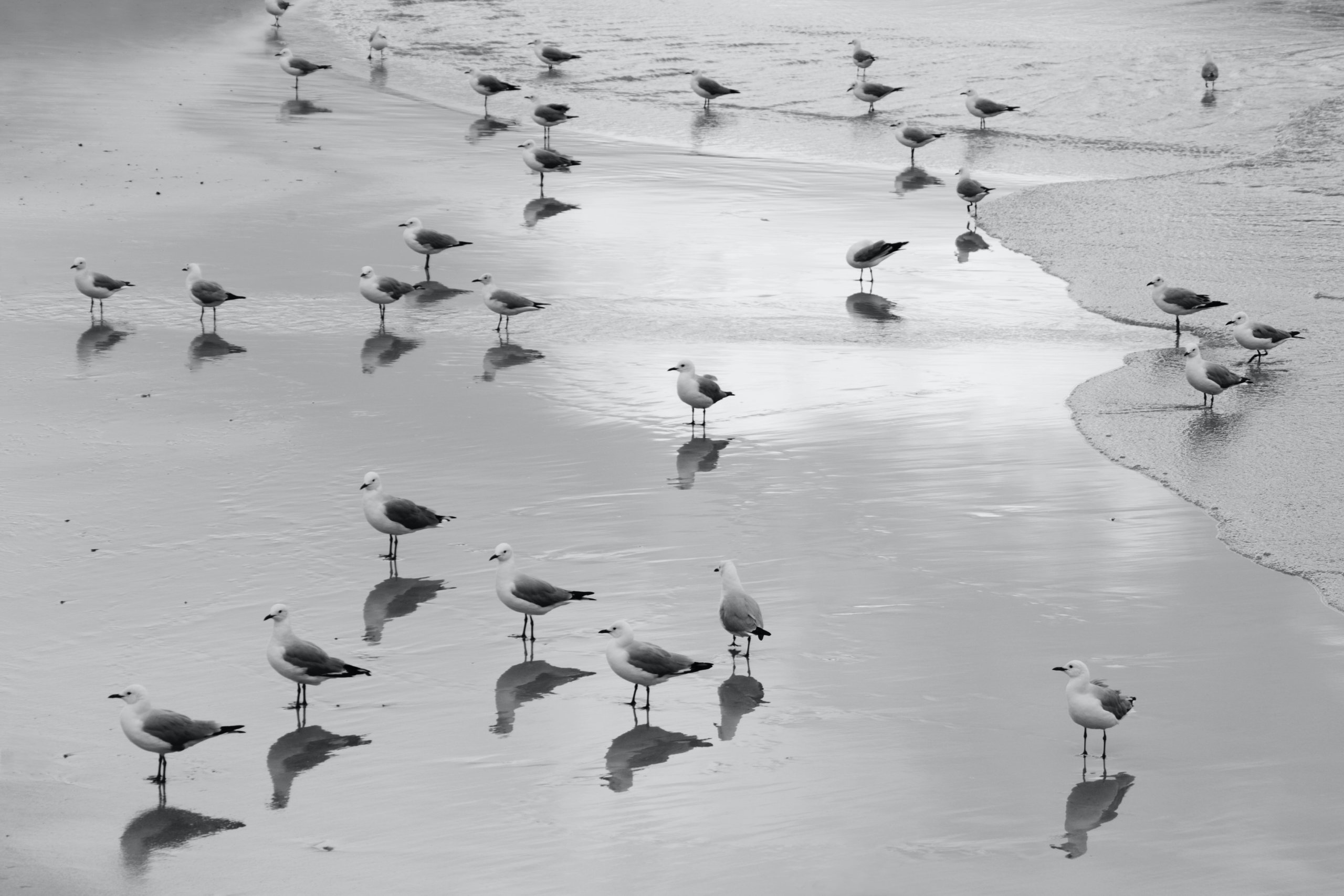Have you ever found yourself at a conference, and noticed that the person sitting next to you in a session or waiting in line behind you at the coffee station had “PRESS” on their name tag? Next time you do, introduce yourself! It’s a pleasant change for journalists to have scientists actually approach them. Even if it doesn’t necessarily lead to coverage of your work, it will almost certainly be an interesting conversation and a valuable connection.
Large scientific conferences tend to attract press – it’s a great way to meet a bunch of experts in the field in one place. If you’re headed to a conference where press may be present, we have some pointers to help you navigate your way to journalists (see also our tips on finding your way to policymakers while you’re in D.C. or another policy hub).
Conferences are busy for everyone, and journalists are no exception. Doing some legwork before your trip will help you to focus your effort, and make it easier for you to connect with them when you’re on-site and trying to juggle poster sessions, speaking obligations, and seeing old friends.
Here are five tips from our team that can help you prepare for, and jump start, those journalist interactions:
Know what you want to talk about
Prepare and practice your message! Before you go to the conference, know the key points that you want the journalist to remember when they walk away, and work on sharing those in a concise and compelling way (our Message Box tool will help you get ready). Remember, starting with the “so what” of your work (why does it matter), instead of the technical details of your talk, is a strong hook.
Also think about why you do this work – your personal “so what.” Your passion for science and motivation to study your topic are fascinating for journalists and their readers, and can make an interesting story even more compelling.
Know who you want to talk to
Do your homework on which journalists will be attending the conference before you arrive. Often conferences will share their press lists before a conference (if they don’t, you can request a copy from their media contact, sometimes they share it). Google who is attending, follow them on Twitter, and figure out what they write and care about, and who they write for. Think about who you should be reaching out to and what aspects of your research would be most interesting and relevant for them.
Know how to reach them
Reach out before you even go to the conference. Freelance journalists in particular often have personal websites that provide their contact info, and journalists associated with an outlet may also have their contact info listed on the outlet’s website. Prior to the conference, email them and try to arrange a meeting in advance. Even if that’s not possible, if you did your homework and have your hit list, you might just run into one of them during a break or in that early morning coffee line.
Know your schedule (and what a journalist’s schedule may be)
Conferences are over before you know it, and spare time is scarce. Knowing what obligations you have and when you are free in advance can really help if you’re trying to find a few minutes to grab a coffee and have a chat with a journalist.
Make a point of attending the events that are likely to attract journalists. Poster sessions are convenient for taking in a lot of information quickly and chatting, so odds are good that you will find journalists there. Is there a talk on a topic that is likely to draw media attention, or an awards ceremony—or better yet, is there a media mixer happening that you can attend? These are all places that journalists are more likely to be than a highly technical session of oral presentations. In fact, most journalists have to be selective about how they spend their time, and may only attend a session if they have already decided to do a story on it or are exploring the possibility. If you’re presenting at the conference, be prepared to share why your talk is one they should prioritize.
Know who else they should talk to (and introduce them, if you can)
One of the most valuable services you can provide to a journalist is helping them understand the context of your work, and the work of your colleagues, within your field. Few stories have only one source, and the more connections you can provide (both to other scientists and to broader concepts), the more likely you are to become an ongoing source for a journalist. Many journalists will close an interview by asking ‘Who else should I talk to?’ so have some names ready (along with the reasoning for why they’d be good to talk to).
Don’t just wait for your phone to ring; take the initiative to get out there and meet some journalists. Walking up to someone and starting a conversation can be tough – but journalists really appreciate it. You are making their job easier!


